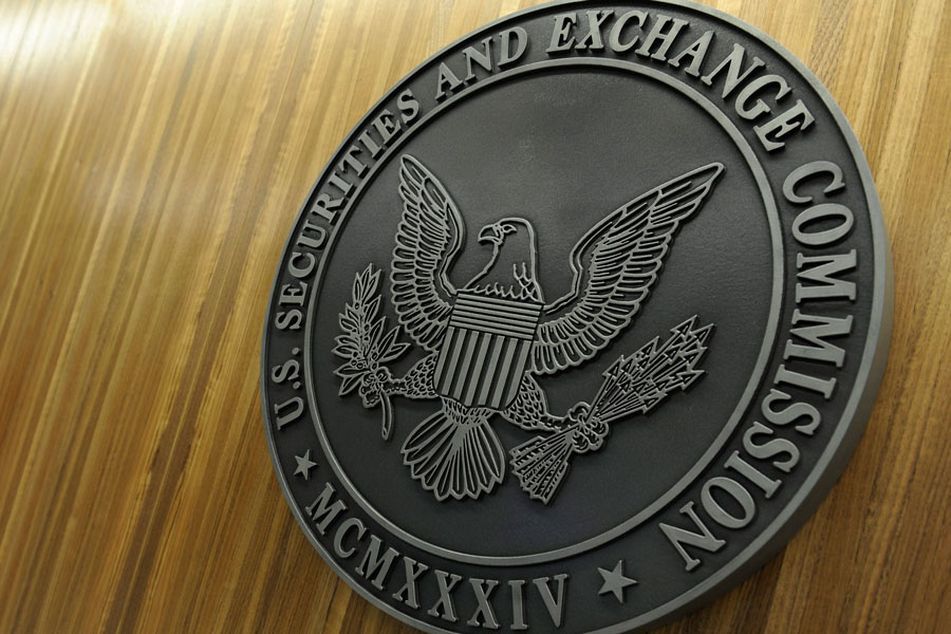SEC panel pushes strengthening Regulation Best Interest, in line with a fiduciary duty

The Investor Advisory Committee will vote Nov. 7 on suggesting the agency clarify, expand broker requirements.
The Securities and Exchange Commission’s Investor Advisory Committee is pushing to “strengthen and clarify” rules requiring broker-dealers to act in the best interest of investors, potentially sharpening the rules to take the form of a fiduciary duty.
The IAC, a volunteer committee designed to represent the interests of ordinary investors, is scheduled to vote Nov. 7 on recommendations it believes will improve the SEC’s Regulation Best Interest.
“A majority of the IAC believes the commission should clarify what it means when it states that brokers and advisers are required to act in their customers’ best interest,” the IAC’s recommendation states in part.
“Specifically, we believe the meaning of the best interest obligation should be clarified to require broker-dealers, investment advisers and their associated persons to recommend the investments, investment strategies, accounts or services, from among those they have reasonably available to recommend, that they reasonably believe represent the best available options for the investor,” the recommendation said.
The IAC is also recommending the commission expand the types of accounts covered in Regulation Best Interest, citing retirement rollover accounts as an example.
“Some of the most important decisions investors make arise at the outset of the relationship, before they receive recommendations regarding specific transactions,” the IAC stated.
The IAC also is recommending the best interest standard “should be characterized explicitly as a fiduciary duty, while making clear that the specific obligations that flow from that duty will vary based on differences in business models.”
The IAC’s recommendations, while not surprising to those closely following the SEC’s attempts to upgrade regulations in the wake of the dismissal of the Department of Labor’s fiduciary rule, drew praise from the Certified Financial Planner Board of Standards Inc., which this year approved its own expanded fiduciary standard.
“What they are recommending with regard to Regulation Best Interest is very consistent with our recommendations to the SEC, and we agree that it needs to be more clear,” said Maureen Thompson, vice president of public policy at the CFP Board.
“It is, in many respects, an agenda that is in line with what investor advocates have proposed,” she said. “It’s reassuring and validating to have a committee making these recommendations.”
David Bellaire, executive vice president and general counsel of the Financial Services Institute Inc., a trade group for independent broker-dealers, said, “The SEC’s proposed Regulation Best Interest, while not perfect, is heading in the right direction with a principles-based standard that addresses the needs of investors while preserving their access to much needed financial advice.We look forward to continue working with the SEC, the IAC and all other concerned parties.”
Gail Bernstein, general counsel at the Investment Adviser Association, supports the IAC’s recommendation to expand the scope of Regulation Best Interest.
“We believe the [current] scope is far too narrow to provide adequate investor protection,” she said. “It would be a huge improvement if Regulation Best Interest were expanded to apply to broker-dealers monitoring an account or offering ongoing services. Right now, it only applies to a specific securities-related recommendation and only at the time of that recommendation, and then the obligation is over.”
Duane Thompson, senior policy analyst at fi360, said it’s important to keep the IAC’s recommendations in context with how much influence the committee really has.
“I’m sure the SEC appreciates all the recommendations, but that doesn’t mean they always follow the advice,” he said. “A couple years ago this same committee recommended uniform fiduciary duty, and the commission probably appreciated their advice, but they obviously did not adopt their advice.”
Learn more about reprints and licensing for this article.








